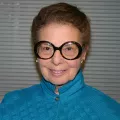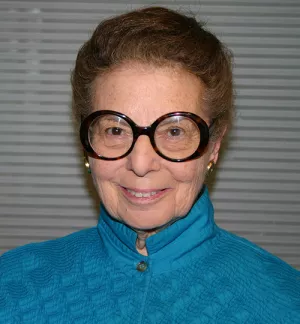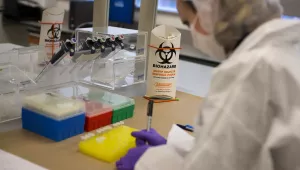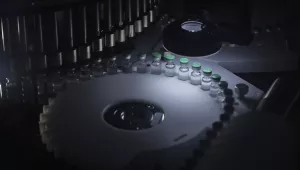Lost in the justifiable concerns following the release of the Cox Commission Report is any mention of the contributions that Chinese scientists and engineers have been making to American universities and industry since the Chinese government first began to ease the restrictions on foreign travel for education.
When I was an exchange scholar between the National Academy of Sciences in the United States and the Chinese Academy of Sciences at the University of Beijing Science Policy Institute a little more than a decade ago, I was overwhelmed by requests for advice on how to gain entry to American universities.
These were indeed seen to be educational Mecca. At that time, the government was split on whether to insist that students who went to the States return to China.
Despite instances of severe repercussions for their families and often having to pay steep fines, the majority of students chose to remain here, providing expertise for industries and universities that became increasingly dependent on them.
More than a decade later, little has changed except the numbers.
The first open door policy in the late 1970s sent 1,000 older students who returned to China as they were tied to families and communities. By 1989 a younger group of 29,000 arrived. More than 80 percent studied science and engineering; most of them stayed.
Last year, almost 47,000 mainland Chinese students were enrolled in American universities and colleges. Many college departments of mathematics and physics across the country would be unable to teach introductory undergraduate courses were it not for Chinese postdoctoral students.
And as American engineering and science graduates have flocked to industry because of higher salaries, Chinese graduate students have become the worker bees of university research laboratories.
Some of the 25,000 Chinese-born PhDs in science and engineering who are currently employed in the United States, have been here long enough to have become professors themselves.
It is important that in the anti-Chinese emotions that will undoubtedly be stirred up the other side of the equation be factored in before any hastily, ill-conceived legislation to limit Chinese student enrollments is put into effect.
Science by nature is universal, so that restricting access here will elicit the same response in China, a potential loss for the United States. By and large, it is China's best students who come here, so the United States continues to benefit from the presence of first-rate talent.
Not to be overlooked is the capital that foreign students provide for colleges and their communities - some $7.5 billion in 1998 alone. The Chinese provide a substantial fraction of that sum.
Taiwan is an instructive example for the future. Like their counterparts in China, Taiwanese science and engineering students flocked here in large numbers and took jobs in major American industries. But when the economy began improved in the 1980s, they were aggressively recruited by Taiwanese companies, and some 25,000 returned home creating a shortage of similar talent here.
When I was in China, I interviewed a number of Chinese physicists and biologists who had obtained PhDs in the United States, but had returned home. A few returned out of patriotism, others from homesickness, but many because the government had promised major funding for research, and this group was eager to build new laboratories.
Undoubtedly, other brilliant Chinese scientists will return home when the economy makes it feasible. We would not want our own students to be barred from their laboratories in the future, nor would we want to lose the contributions of these students when they are in the United States.
Yes, the federal laboratories should substantially tighten their security procedures, and international scientists should be carefully scrutinized. But the United States should continue to encourage first-rate Chinese students to come here, if only for selfish national considerations.
Of course, were all parties to ratify the Comprehensive Test Ban Treaty, the significance of what was lost, leaked, or stolen would drop considerably.
Zinberg, Dorothy. “China's Gift to US Colleges.” The Boston Globe, June 14, 1999




